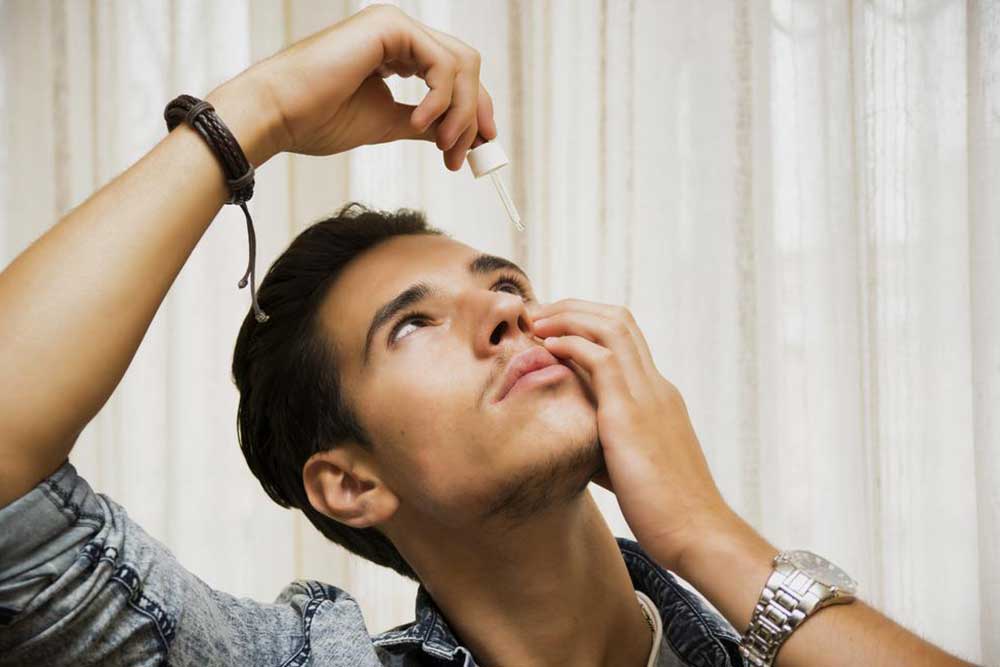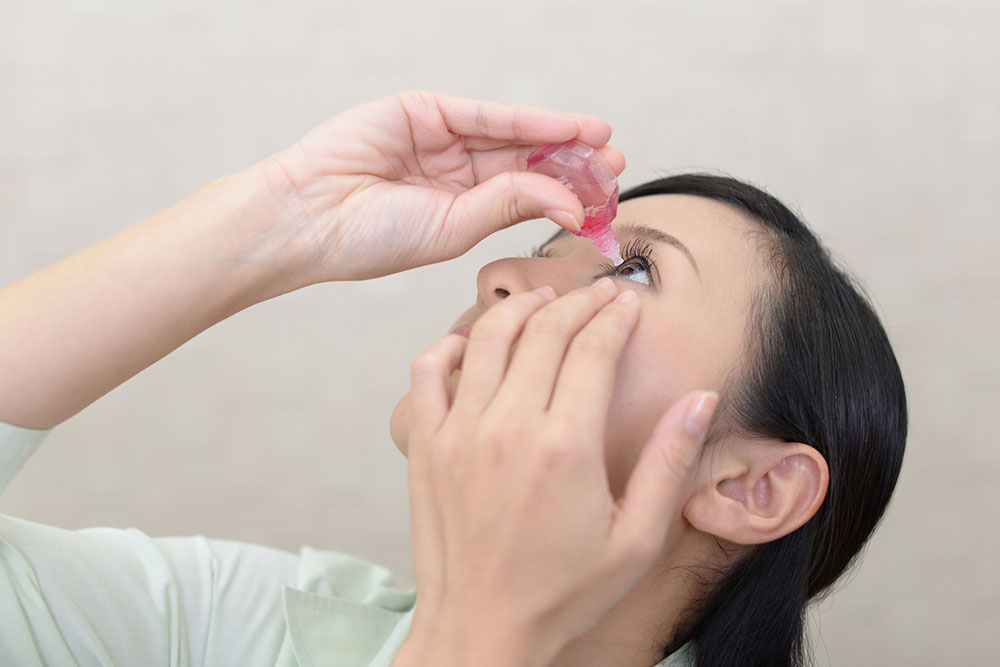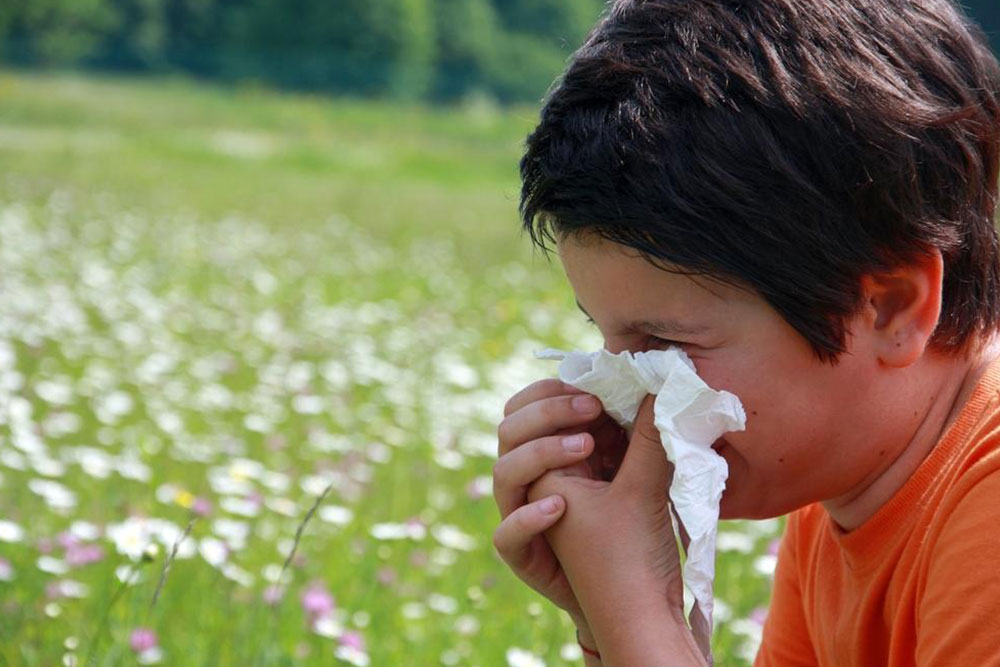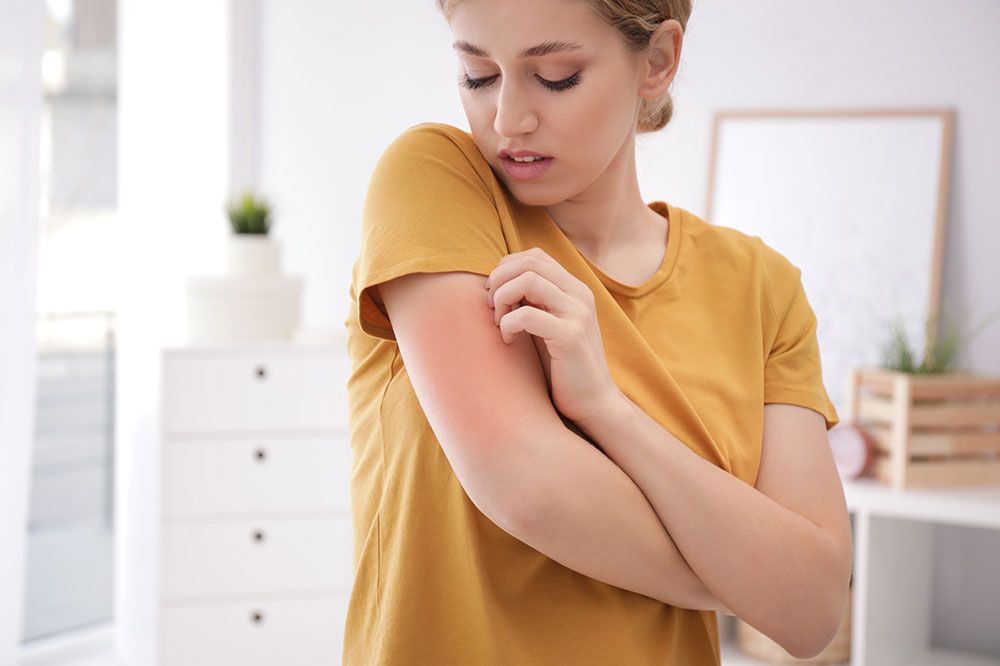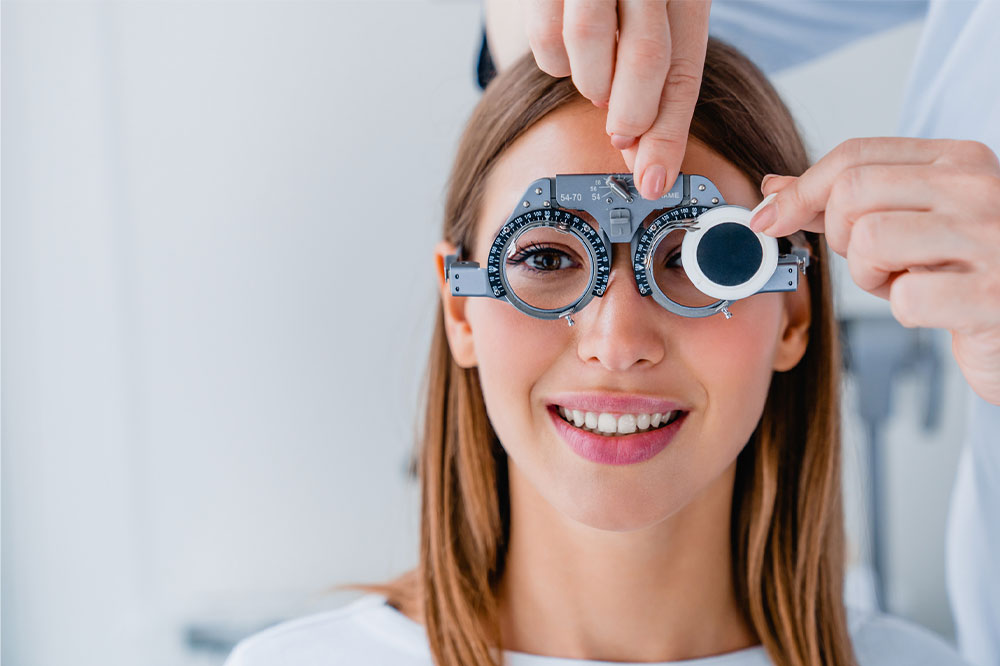Understanding and Managing Allergy-Induced Watery Eyes
Learn about the causes of allergy-related watery eyes and effective prevention tips. This guide covers seasonal and perennial allergens, common illnesses, and practical steps to reduce symptoms. Medical options and home remedies are discussed to help manage persistent allergies, ensuring better eye comfort and health.
Sponsored
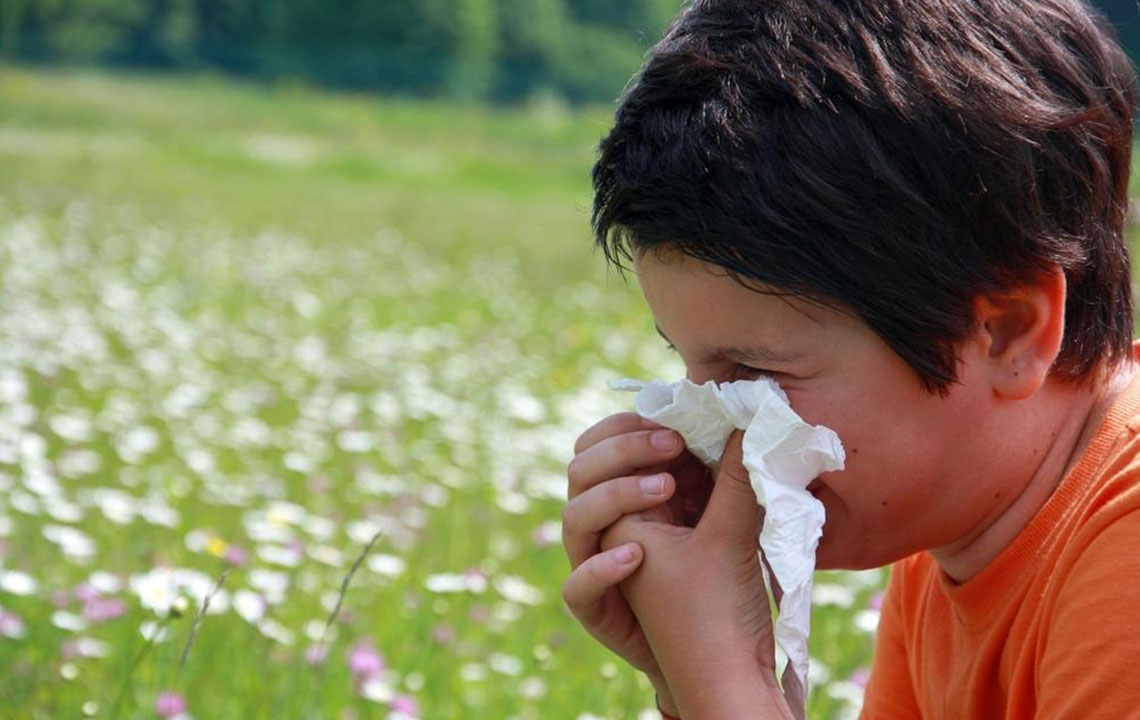
Eyes are highly sensitive to allergens and often react quickly, resulting in symptoms like burning, redness, and excessive tearing. These allergic reactions are typically temporary and can be alleviated by avoiding known triggers. Natural remedies usually provide relief, but persistent symptoms warrant medical consultation. Seasonal allergens, such as pollen in autumn, are common culprits, while everyday substances like dust, perfumes, and smoke can cause perennial allergies, ongoing all year round. The eye’s response includes watering to flush out irritants, linked to nasal cavity connections and triggered by viruses or pollen.
Conditions leading to allergy-related watery eyes include hay fever, conjunctivitis, cold, flu, and sinusitis. For instance, hay fever caused by pollen results in sneezing, runny nose, and watery eyes, especially during specific seasons. Conjunctivitis, or pink eye, inflames the outer eye layer, causing intense redness and watering. The common cold, caused by a virus, presents with sore throat, cough, and watery eyes, while influenza includes fever and body aches. Sinusitis, often worsened by pollution, also triggers eye watering due to sinus inflammation.
To prevent allergic reactions, protective measures are essential. Wearing glasses or protective gear outdoors shields against pollen. Staying away from pets and reducing dust entry by keeping windows closed and using mesh screens help limit exposure. Maintaining a clean environment by washing bedding, curtains, and clothes reduces allergens. Using a dehumidifier prevents mold growth, further protecting against allergies. If medicines are causing eye watering, consult a healthcare professional for alternative treatments. Persistent symptoms may require antihistamines, corticosteroids, or immunotherapy. Immediate relief can be achieved by rinsing eyes with cold water, but medical advice is recommended for ongoing issues.

